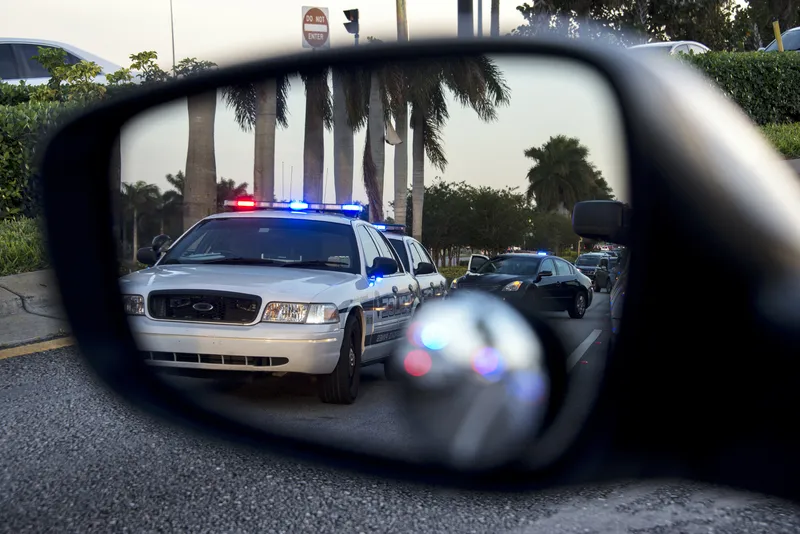Police officers across Europe have begun a week-long campaign to raise awareness of the dangers of drink and drug driving, co-ordinated by the European Traffic Police Network TISPOL.
Drivers can expect highly visible and widespread enforcement of alcohol and drug laws during the operation, at any location and at any time of day or night.
TISPOL president Aidan Reid says: “Driving after consuming even a small amount of alcohol is dangerous. Drivers will experience slower reactions, poor judgement of
December 7, 2015
Read time: 1 min
Police officers across Europe have begun a week-long campaign to raise awareness of the dangers of drink and drug driving, co-ordinated by the European Traffic Police Network 650 TISPOL.
Drivers can expect highly visible and widespread enforcement of alcohol and drug laws during the operation, at any location and at any time of day or night.
TISPOL president Aidan Reid says: “Driving after consuming even a small amount of alcohol is dangerous. Drivers will experience slower reactions, poor judgement of speed, reduced co-ordination and concentration, even with low levels of alcohol in their system. Driving while over the drink drive limit is against the law.
Drivers can expect highly visible and widespread enforcement of alcohol and drug laws during the operation, at any location and at any time of day or night.
TISPOL president Aidan Reid says: “Driving after consuming even a small amount of alcohol is dangerous. Drivers will experience slower reactions, poor judgement of speed, reduced co-ordination and concentration, even with low levels of alcohol in their system. Driving while over the drink drive limit is against the law.









